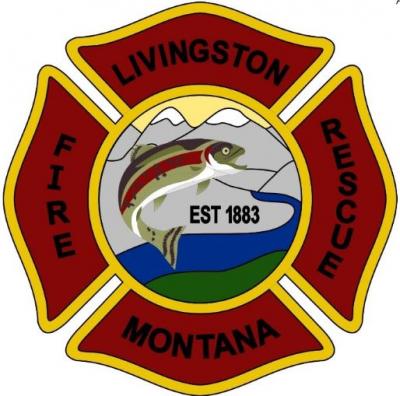Josh Chabalowski, Fire Chief
Jonathan Gilbert, Battalion Chief
Josh Pierce, Battalion Chief
Brianna Scott, Community Paramedic
Robyn DeMasi, Administrative Assistant
414 E. Callender St.
Livingston, MT 59047
(406) 222-2061 General inquiries or information
Administrative questions: (406) 922-5699

